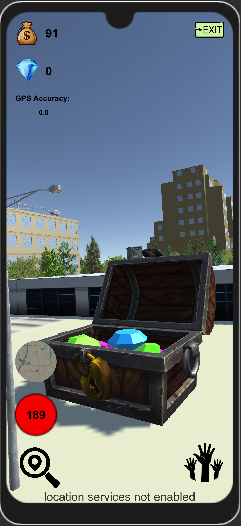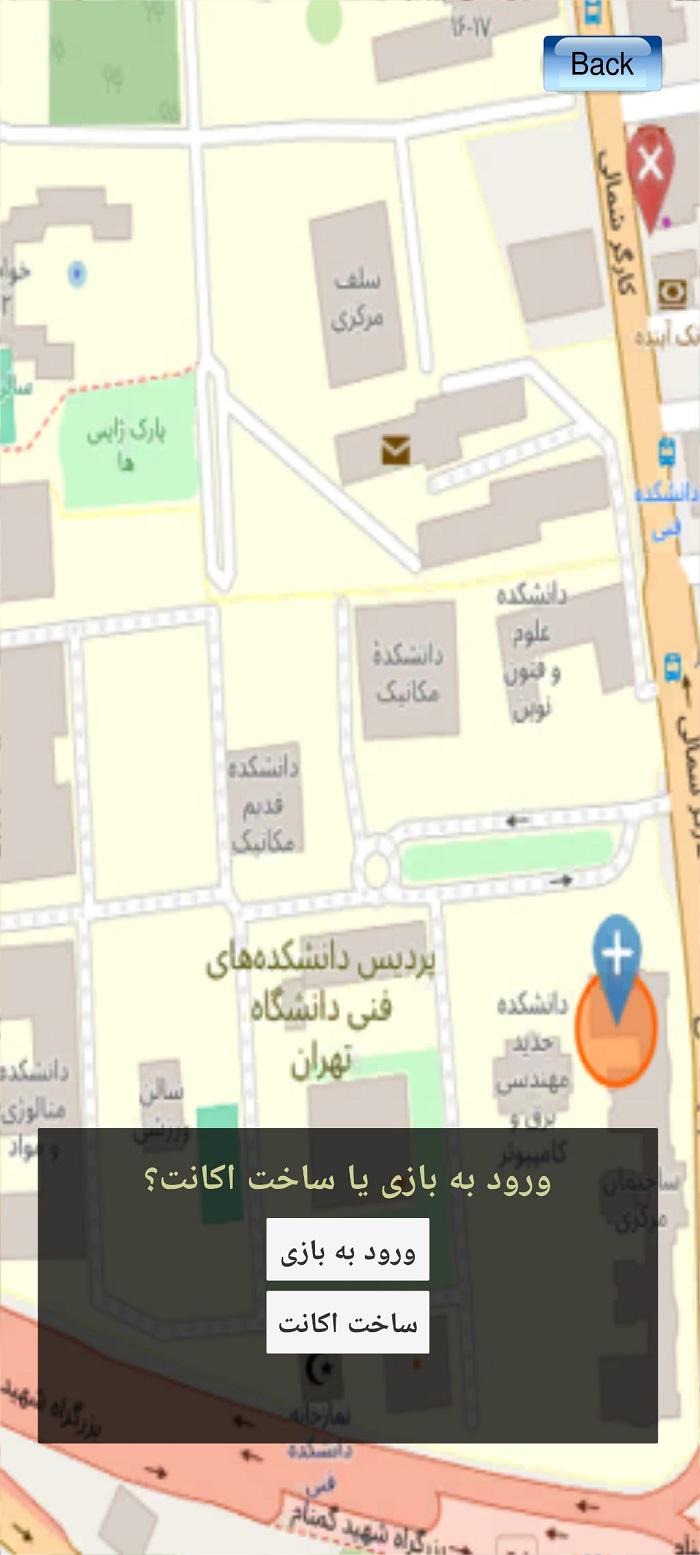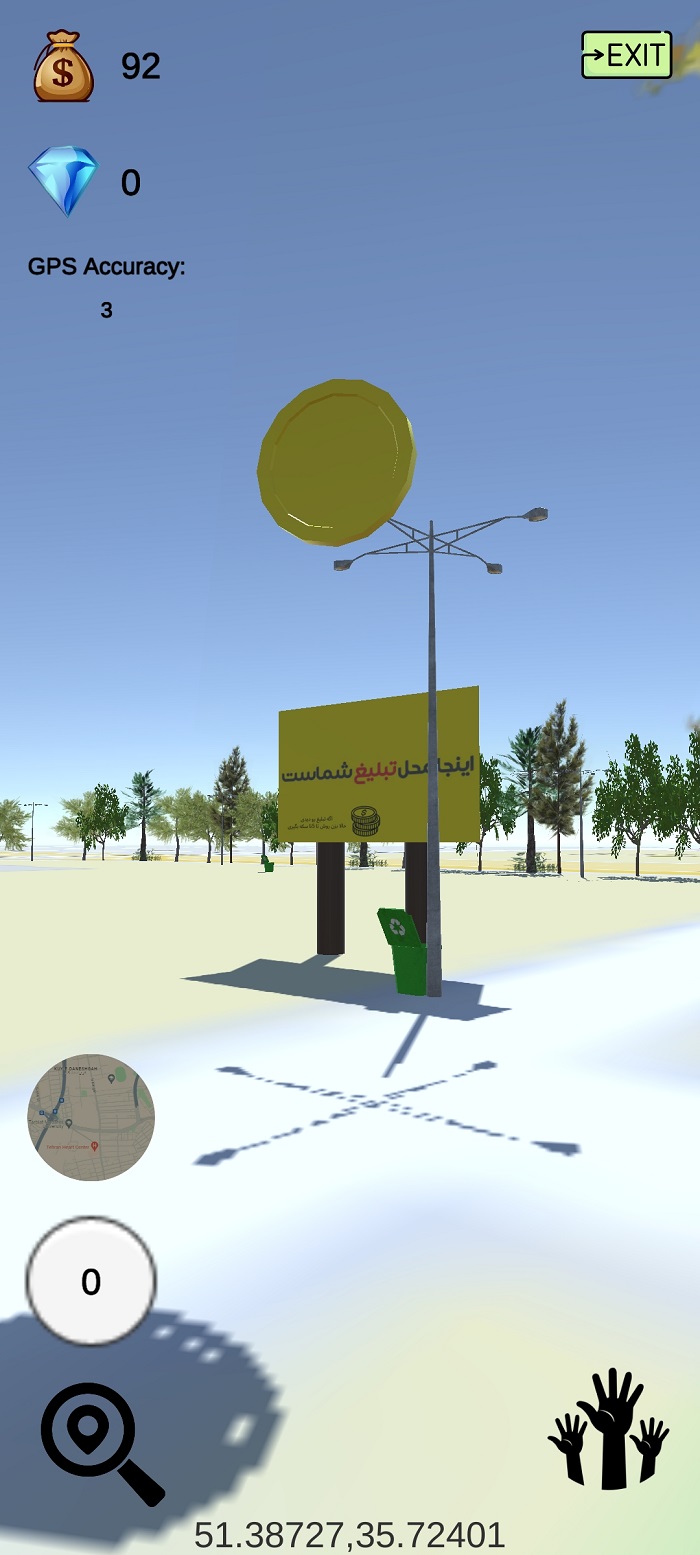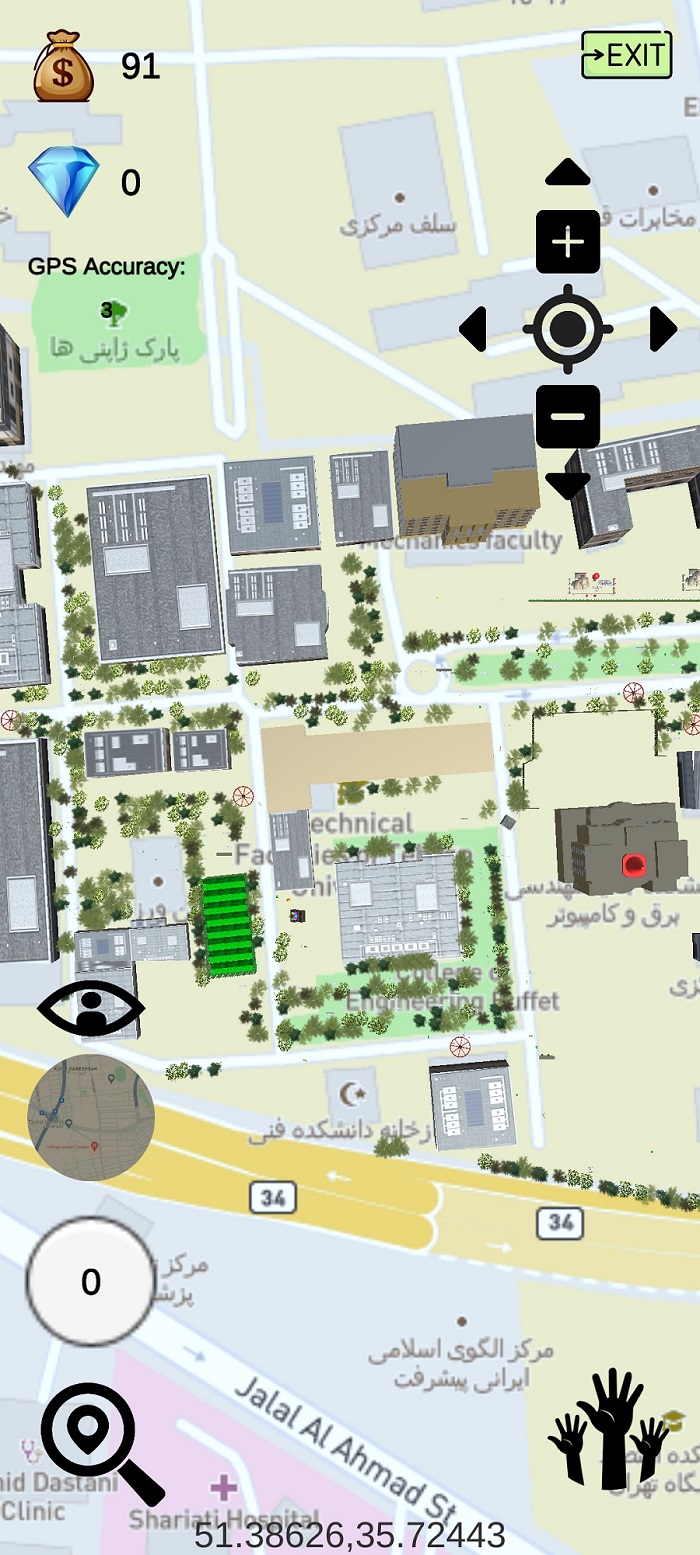




News

18 11 2024 08:18
News Code : 26442782
View Count : 4258
Location-Based Games Technology:
Location-Based Games (LBGs), which utilize Geographic Information System (GIS) technology, are a type of video game that merges the real world with the virtual world. These games use the player’s real-world location to create new challenges and interactions based on their actual surroundings.
In addition to providing entertainment, these games offer a dynamic and interactive experience. Players’ direct engagement with their real environment enhances not only the physical aspects of the game (such as walking and exploring) but also establishes connections with cultural and geographical locations. This blend of virtual and real-world environments encourages players to spend more time outdoors while enjoying new and exciting experiences.
Location-Based Games have become one of the fastest-growing sectors in the video game industry. The market for location-based games and entertainment has been rapidly expanding, reaching an estimated value of $3.5 billion in 2023, and it is projected to grow to $24.76 billion by 2030, reflecting a compound annual growth rate (CAGR) of around 28.8%.
Mobile-based LBGs, due to the widespread use of smartphones, have gained significant importance in the world of entertainment and technology, offering benefits such as improving cognitive skills, enhancing focus, and increasing creativity. However, prolonged sitting and lack of movement in traditional gaming have raised concerns about players' health. Location-Based Games address this issue by encouraging users to move and explore real environments, playing an important role in promoting physical activity and improving health.
In recent years, a wide range of mobile games have been introduced to the market by Iranian companies, but despite the importance of location-based games, Iranian developers have largely overlooked this genre. This gap inspired a practical research project, culminating in a master's thesis in 2022. The thesis, titled "Application of Digital Twin Technology for Designing Location-Based Games," was completed by Mr. Saeed Cheraghizadeh, a master's student in GIS at the Faculty of Surveying and Spatial Information Engineering, University of Tehran, under the guidance of Dr. Rahim Ali-Abbaspoor, Dr. Abbas Abedini, and Dr. Ali Zareh Zardini, over two years. The outcome of this thesis is considered the first Iranian location-based game, which leverages the innovative concept of Digital Twin Technology, combining the digital and physical worlds to break new ground in the realm of digital gaming.
The game is classified as an adventure game. The map used in the game is based on a real-world map, and the user advances the game’s storyline by moving through real environments according to their location. With spatial data, positioning technology, internal smartphone sensors, weather conditions, and real-time settings, the game offers players a realistic, unique, and interactive experience. As the first step toward the development of indigenous location-based games, it promises a new generation of smart adventure games, expected to be released to the public after overcoming some technical and security challenges.





https://geospatialeng.ut.ac.ir/en/article/26442782